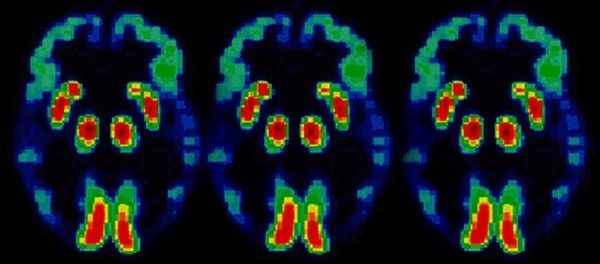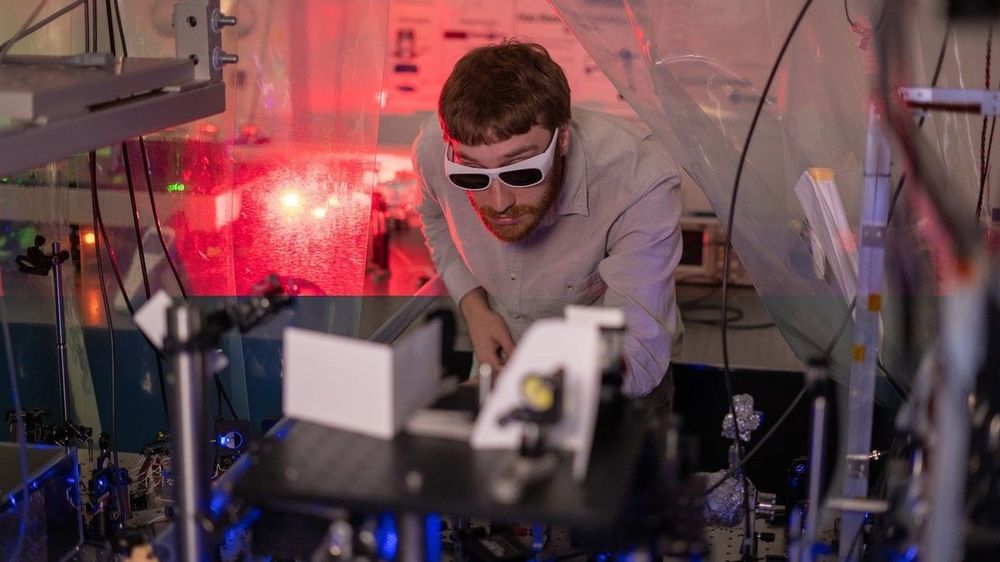Page 8916
Jan 7, 2019
Bill Gates warns that nobody is paying attention to this state-of-the-art scientific technology that could make inequality even worse
Posted by Genevieve Klien in categories: bioengineering, biotech/medical
Gene editing is one of the most promising new approaches to treating human diseases today.
It also raises “enormous” ethical questions, Bill Gates recently warned, and “could make inequity worse, especially if it is available only for wealthy people.”
“I am surprised that these issues haven’t generated more attention from the general public,” he said in a December blog post, adding that “this might be the most important public debate we haven’t been having widely enough.”
Jan 7, 2019
Bottle feeding may play role in whether kids are left-handed
Posted by Genevieve Klien in category: neuroscience
Bottle feeding infants is associated with left-handedness, according to a new study.
The study finds that the prevalence of left-handedness is lower among breastfed infants as compared to bottle-fed infants. The researchers identified this finding in about 60,000 mother-infant pairs and they accounted for known risk factors for handedness.
The results provide further insight into the development of complex brain functions which ultimately determine which side of the batter box the infant likely will choose.
Jan 7, 2019
Triple-negative breast cancer responds to new dual-target therapy
Posted by Genevieve Klien in category: biotech/medical
An experimental therapy that targets two growth pathways reduced cancer cell proliferation and spread in mice with triple-negative breast cancer.
Jan 7, 2019
New Drug Trial Could Halt Alzheimer’s Memory Loss
Posted by Genevieve Klien in categories: biotech/medical, neuroscience
Jan 7, 2019
Scientists Made Plasma That Is 50 Times Colder Than Deep Space
Posted by Genevieve Klien in category: space
Scientists have created a laser-cooled neutral plasma for the first time that will be used to simulate some of the hottest and most exotic matter in the universe.
Jan 7, 2019
Scientists could engineer a spicy tomato. Is it worth it?
Posted by Genevieve Klien in categories: bioengineering, biotech/medical, food, genetics
Spicy food is popular the world over, but the active ingredient that makes food taste “hot”—capsaicinoids, a group of chemical compounds has useful properties beyond making food taste delicious. However, the plants that make them (the chili pepper family, or Capsicum) are small and have relatively low yields. A new paper published today in the journal Trends in Plant Science proposes an alternative: engineering tomato plants to produce capsaicinoids. If all goes well, someday, you could enjoy a spicy tomato, or even be treated with capsaicinoids extracted from one.
The paper, written by a group at Brazil’s Federal University of Viçosa, builds on recent work that showed the tomato has all the genetic information it needs to produce capsaicinoids. “We know that all the genes are there, but in the tomato they are silent,” study author Agustin Zsӧgӧn says. His paper proposes a method for using gene-editing techniques to activate the genetic machinery in the tomato that tells it how to produce capsaicinoids, transforming the plant into both a “biofactory” that could produce larger amounts of the chemicals than it’s currently possible to grow and a spicy snack.
Tomatoes have capsaicinoid genetic pathways like peppers because the two South American plants are related. “In our lab, we work with both species,” Zsӧgӧn says. Last year, his team used gene editing to “domesticate” a wild tomato in just a few generations, engineering the strain to produce larger fruit, and greater quantities of it, than in the wild. This kind of process is how we ended up with the crops we eat today—early farmers planted the offspring of the most fruitful plants of each generation, enabling their genetic survival. CRISPR-Cas9 is just a shortcut.
Jan 7, 2019
Artificial intelligence could diagnose rare disorders using just a photo of a face
Posted by Genevieve Klien in category: robotics/AI
Jan 7, 2019
Conservation: How China is creating Edens
Posted by Genevieve Klien in categories: business, futurism
China is the future of global conservation, according to Sir Tim Smit, the maverick businessman and environmentalist who created the Eden Project.
Jan 7, 2019
UNSW claims demonstration of 3D atomic-scale quantum chip architecture
Posted by Genevieve Klien in categories: computing, quantum physics
The 3D architecture is touted as a major step in the development of a blueprint to build a large-scale quantum computer.


















